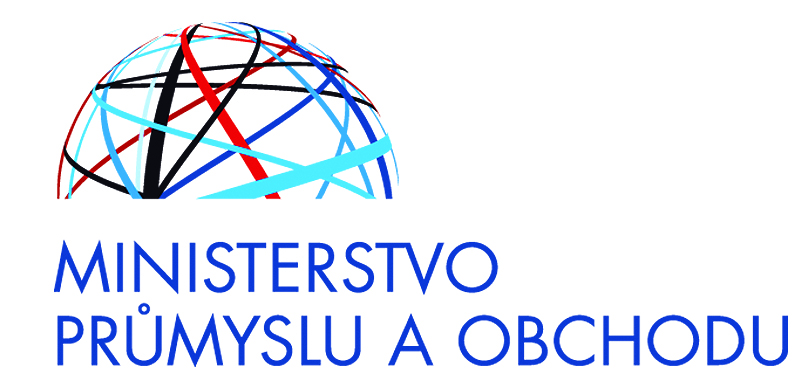CS SOFT started the implementation of the ATC simulator development project in cooperation with the University of Defense
The subject of this project is further development of an already existing ATC (Air Traffic Control) simulator by adding new functionalities that are innovative in this industry segment and are not a common part of other ATC simulator products. The project defines two main research and development goals: remote user access to ATC simulator and automation of pseudopilot operations.
ATC simulator remote user workplace will allow to conduct online training at a lower cost and better plan the distribution of training services among remote and local participants. The simulator for the commercial provision of Air Traffic Control Officer (ATCO) is used by training services, whereas a significant part of the training is typically allocated to foreign entities for which accommodation, meals and other services must be provided as well, including simulator operating time sharing. It will be possible to use the simulator, for example, in multi-shift mode (if staffing allows it) with the remote access feature. Similarly, it will allow a pseudopilot to work remotely (e.g., from home or from another place where the simulator is installed). Currently, the possibilities to travel to the place of training and other services are limited due to the global pandemic situation, so it will become a suitable alternative or even the only way to ensure the training (similar situations cannot be avoided in the future). Research and development activities related to ATC simulator remote user workplace will be primarily the responsibility of CS SOFT.
The automation of the pseudopilot activity will enable ATCO (student) training in the self-study form (without a participation of an instructor and a pseudopilot), even outside the standard system operating hours and outside the system operator standard working hours. This functionality will reduce the demands on human resources (pseudopilots) due to the training only with the participation of the student and the instructor. The result of the automation of the pseudopilot activity will be a state where the automation is fully functional in full scope and has qualities that consider the human factor and possible behavior of a real pseudopilot. Thus, the automated pseudopilot will fully replace the human (pseudopilot) within all phases and types of training. The University of Defense staff will carry out research activities with the aim of determining a suitable solution of the problem of pseudopilot automation, software development and the implementation itself will be carried out by CS SOFT.
The project will be implemented during 2021–2023 and is co-financed by the European Union (Operational Program: Enterprise and Innovation for Competitiveness, Priority Axis 1 Research and Development, Application Support Program; Managing Authority: Ministry of Industry and Trade).
Company CS SOFT, a member of industrial group Czechoslovak Group and its division CSG Aerospace, is a certified European company with advanced software development methodology and software solution provider for ATM and general aviation. Based in the Czech Republic, CS SOFT has more than 30 years of experience in software development. CS SOFT products and solutions have been deployed and serve civil and military customers in the Czech Republic, Lithuania, Israel, Slovenia, Slovakia, United Arab Emirates, Indonesia, Bangladesh and other countries.
The University of Defense is the only military college in the Czech Republic. It educates military professionals for the Czech Army and civilian experts for the state security system and the defense industry. Two departments of the Faculty of Military Technology (Department of Aviation Technology and Department of Air Force) will participate in the project solution. More information about the University of Defense at www.unob.cz.



